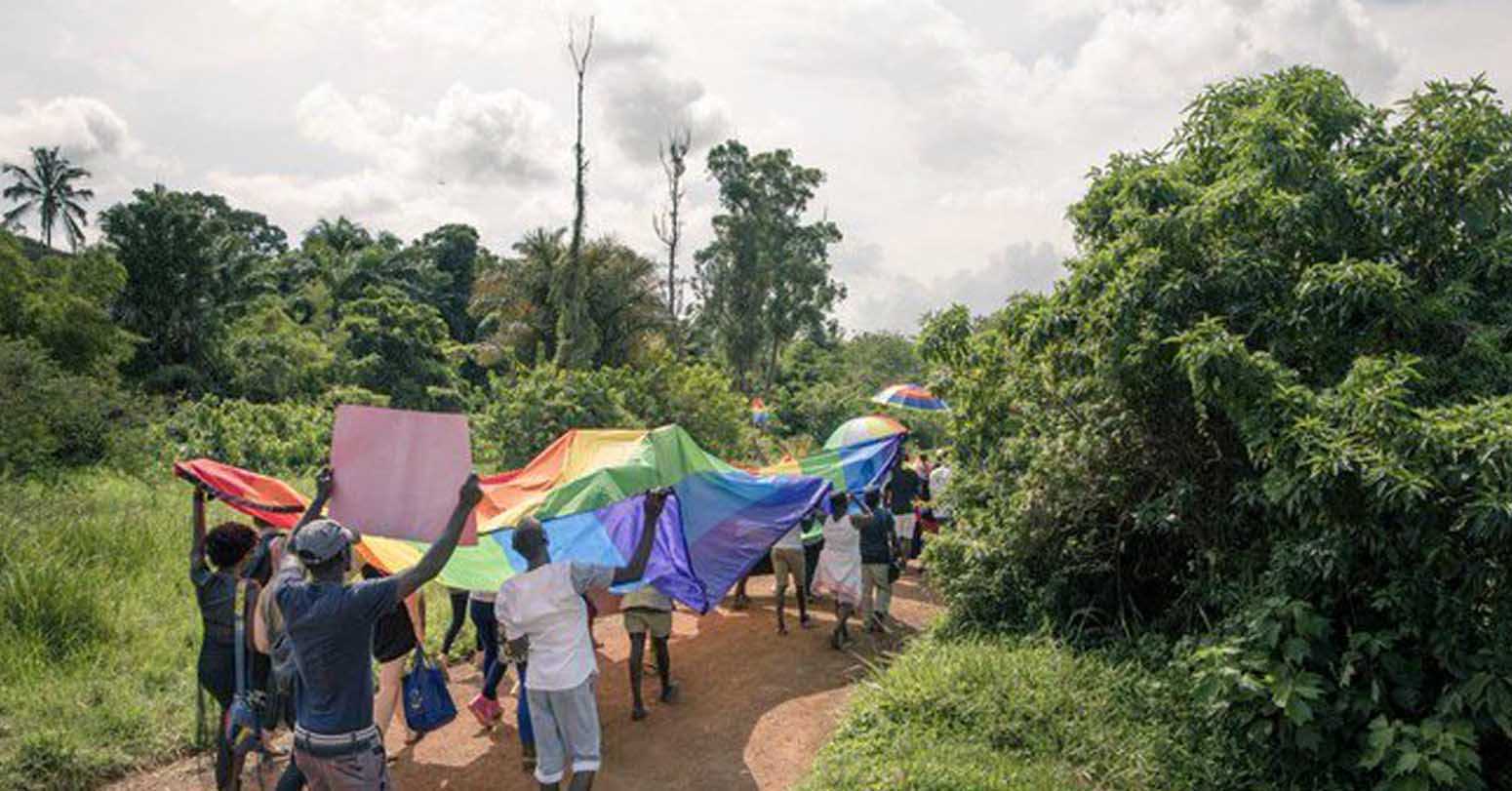
More than 2,000 people took part in a gay pride event in New Delhi, waving rainbow flags and multicolored balloons as they celebrated sexual diversity in India but also raised concerns over the country’s restrictive laws.
Dancing to drums and music, the participants walked for more than two hours to the Jantar Mantar area near India’s Parliament. They held banners reading “Equality for all” and “Queer and proud.”
The annual event comes after India’s top court refused to legalize same-sex marriages in an October ruling that disappointed campaigners for LGBTQ+ rights in the world’s most populous country.
“It’s not about marriage. It’s about equality. Everybody should have the same right because that’s what our constitution says,” said Noor Enayat, one of the volunteers organizing this year’s event.
Earlier this year, the Supreme Court’s five-judge bench heard 21 petitions that sought to legalize same-sex marriage in India.
The justices called for steps to raise awareness among the public about LGBTQ+ identity and to establish hotlines and safe houses for those in the community who are facing violence. They also urged the state to make sure same-sex couples don’t face harassment or discrimination in accessing basic needs, like opening a joint bank account, but stopped short of granting legal recognition to same-sex unions.
Legal rights for LGBTQ+ people in India have been expanding over the past decade, mostly as a result of the Supreme Court’s intervention.
In 2018, the top court struck down a colonial-era law that had made gay sex punishable by up to 10 years in prison and expanded constitutional rights for the gay community. The decision was seen as a historic victory for LGBTQ+ rights.
Despite this progress, Prime Minister Narendra Modi’s Hindu nationalist government resisted the legal recognition of same-sex marriage and rejected several petitions in favor. Some religious groups, too, had opposed same-sex unions, saying they went against Indian culture.
Homosexuality has long carried a stigma in India’s traditional society, even though there has been a shift in attitudes toward same-sex couples in recent years. India now has openly gay celebrities and some high-profile Bollywood films have dealt with gay issues.
According to a Pew survey, acceptance of homosexuality in India increased by 22 percentage points to 37% between 2013 and 2019. But same-sex couples often face harassment in many Indian communities, whether Hindu, Muslim or Christian.
-AP




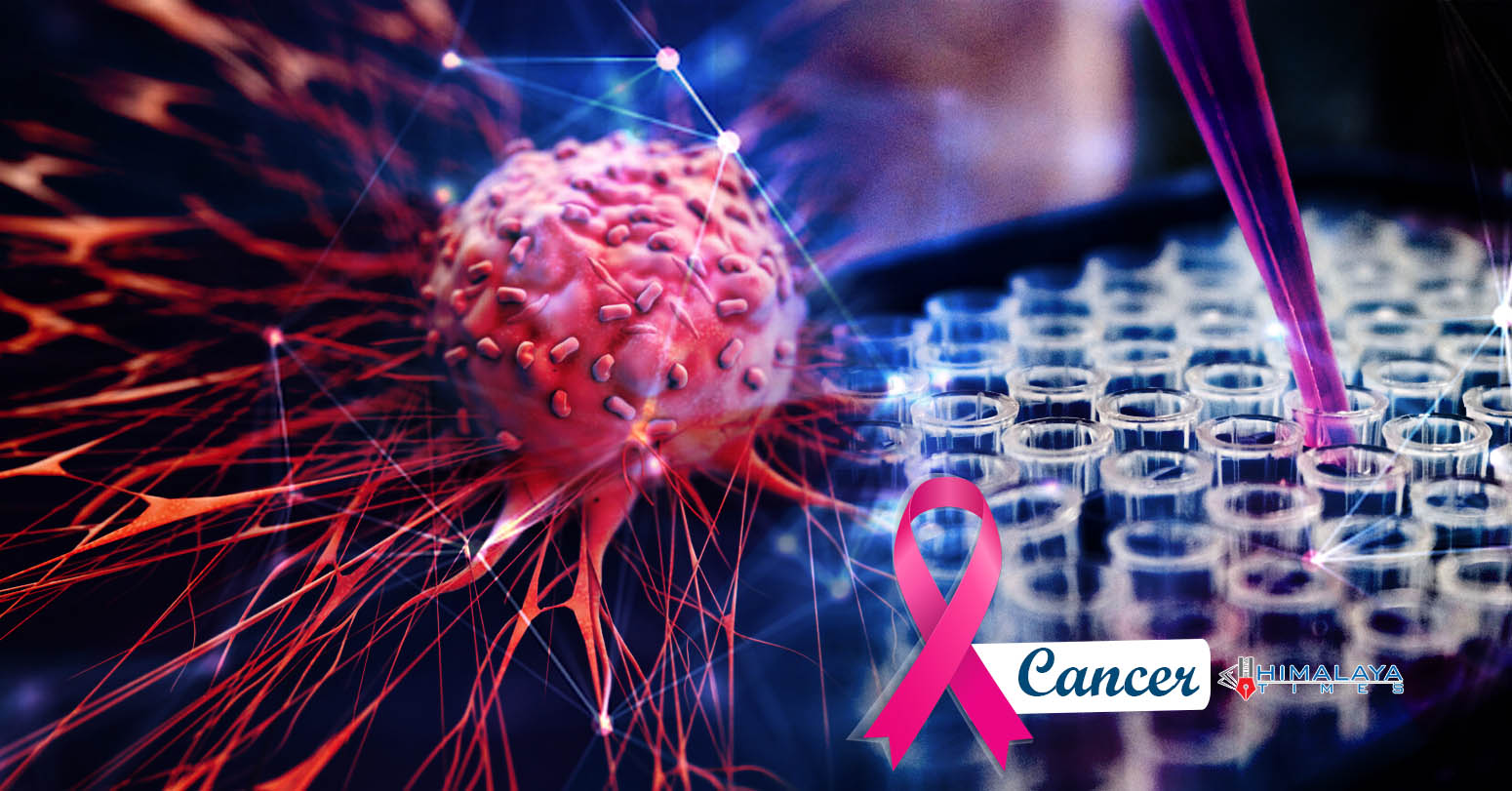

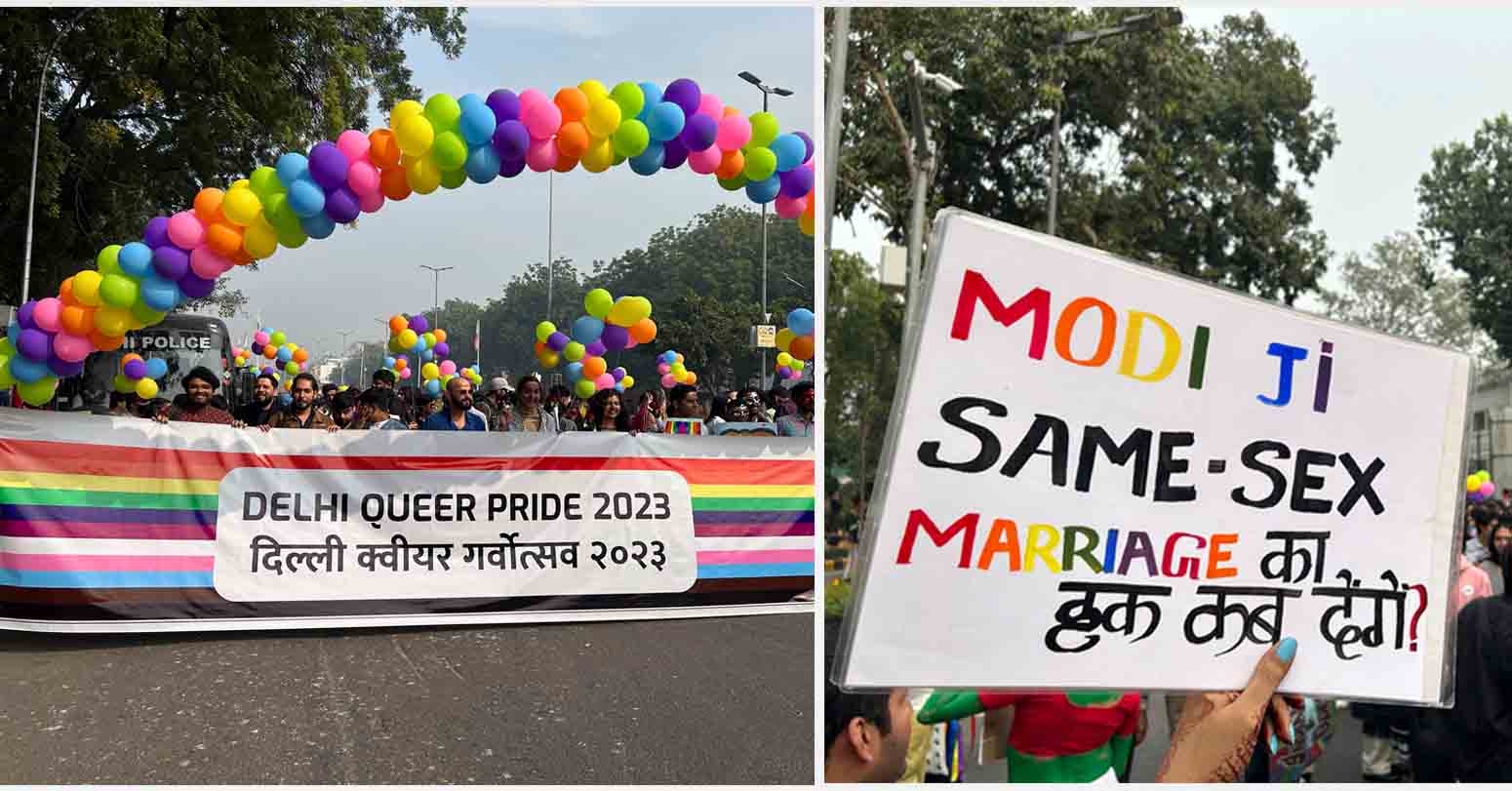
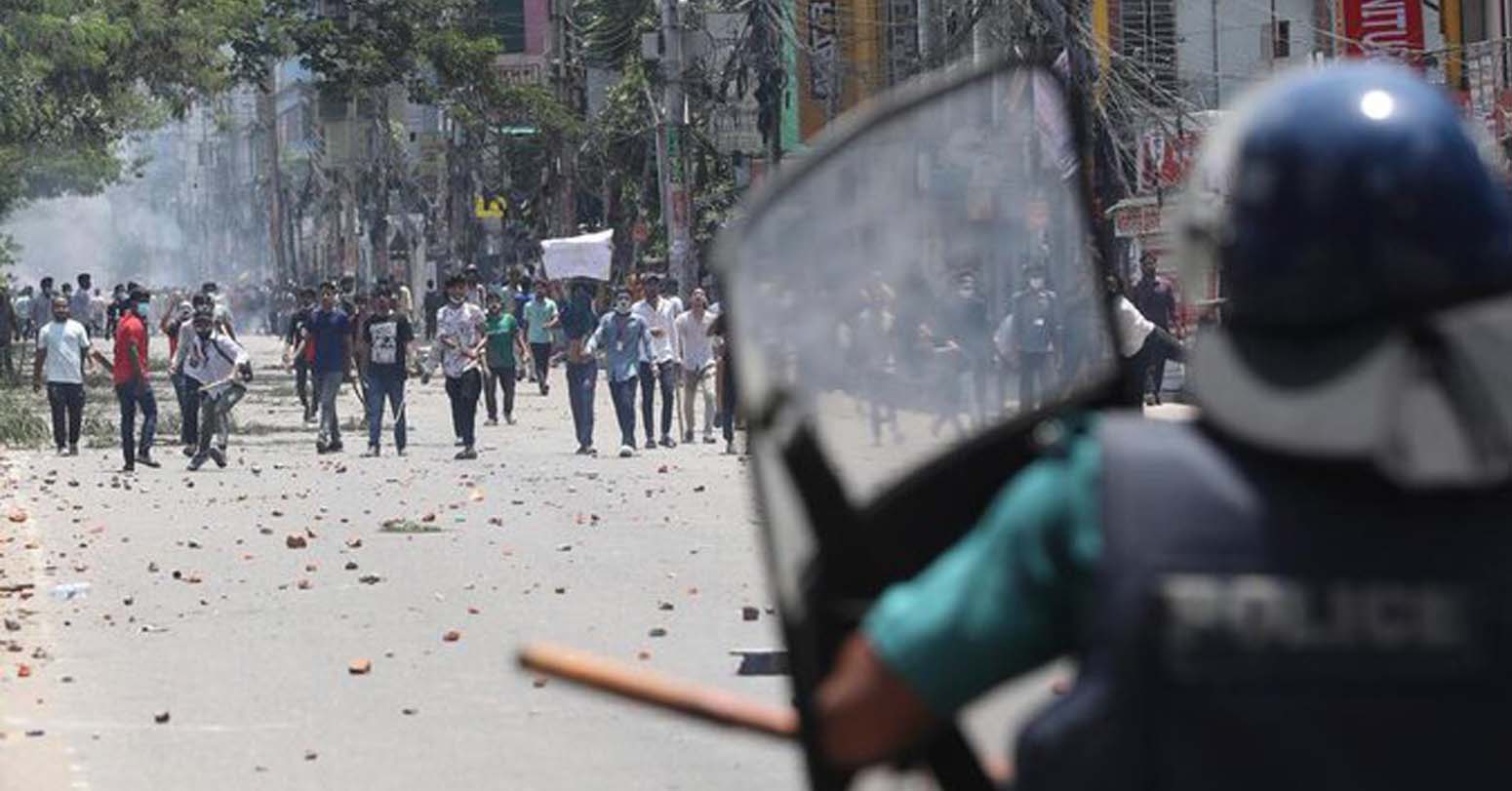
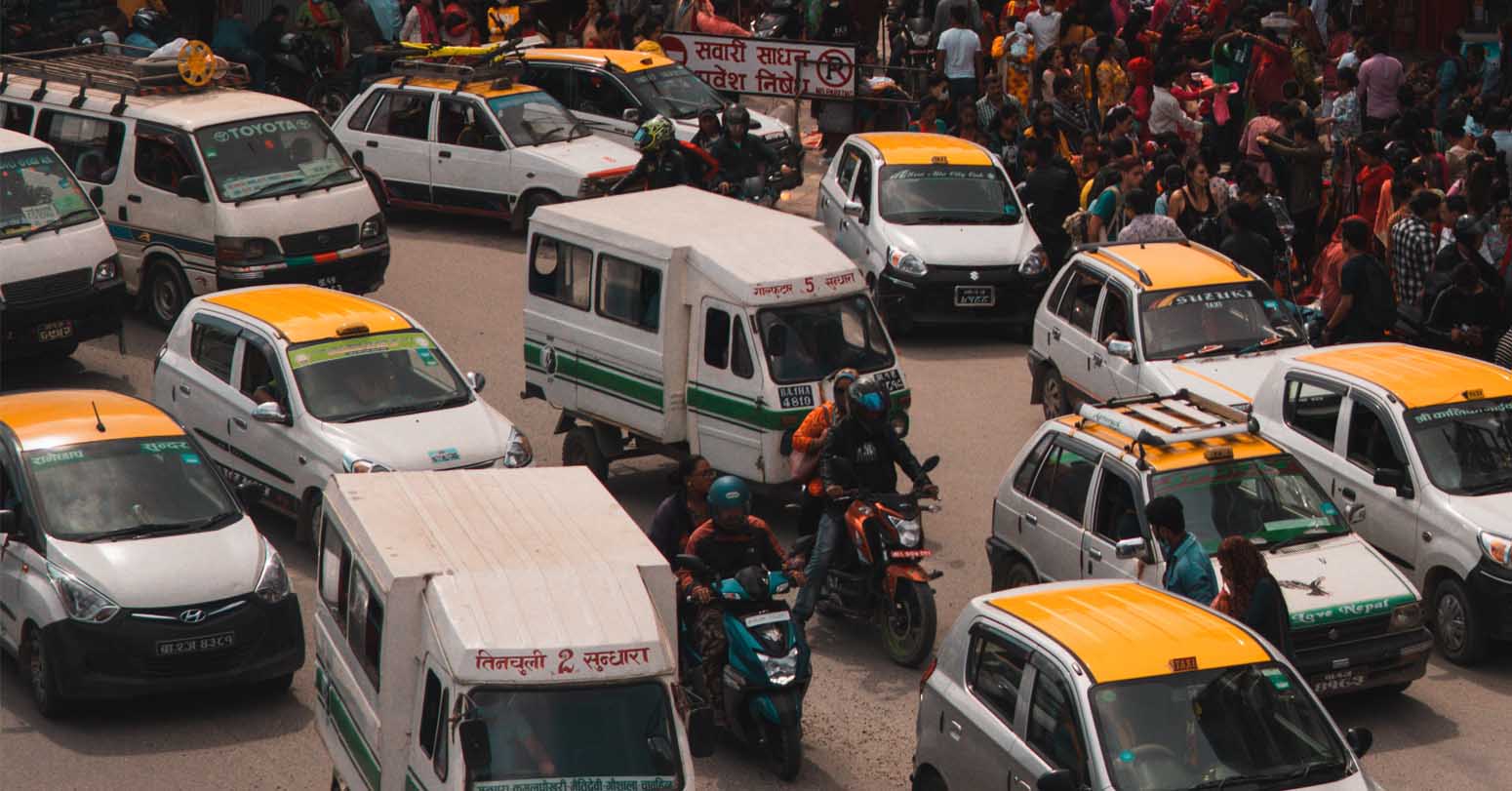
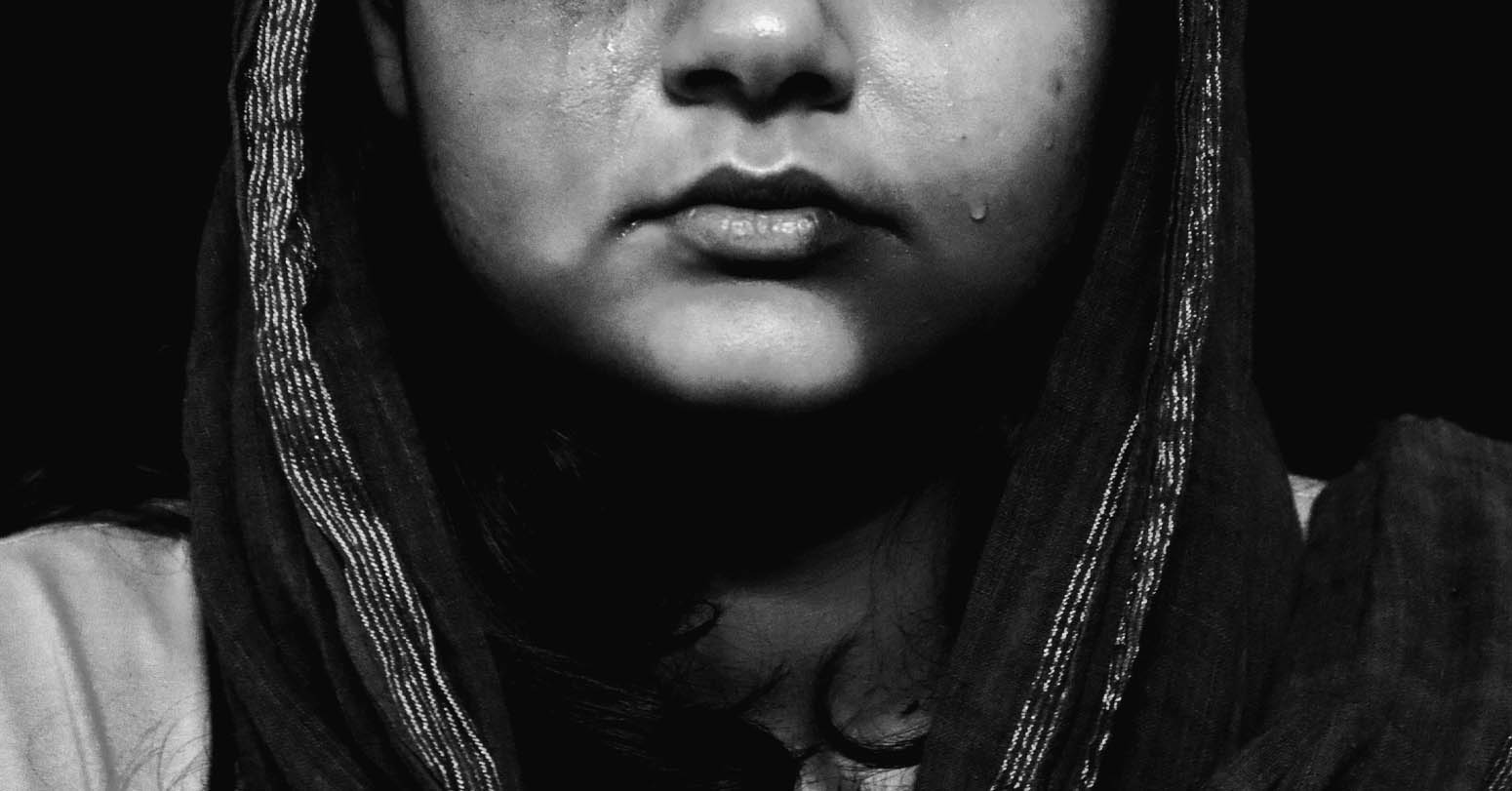
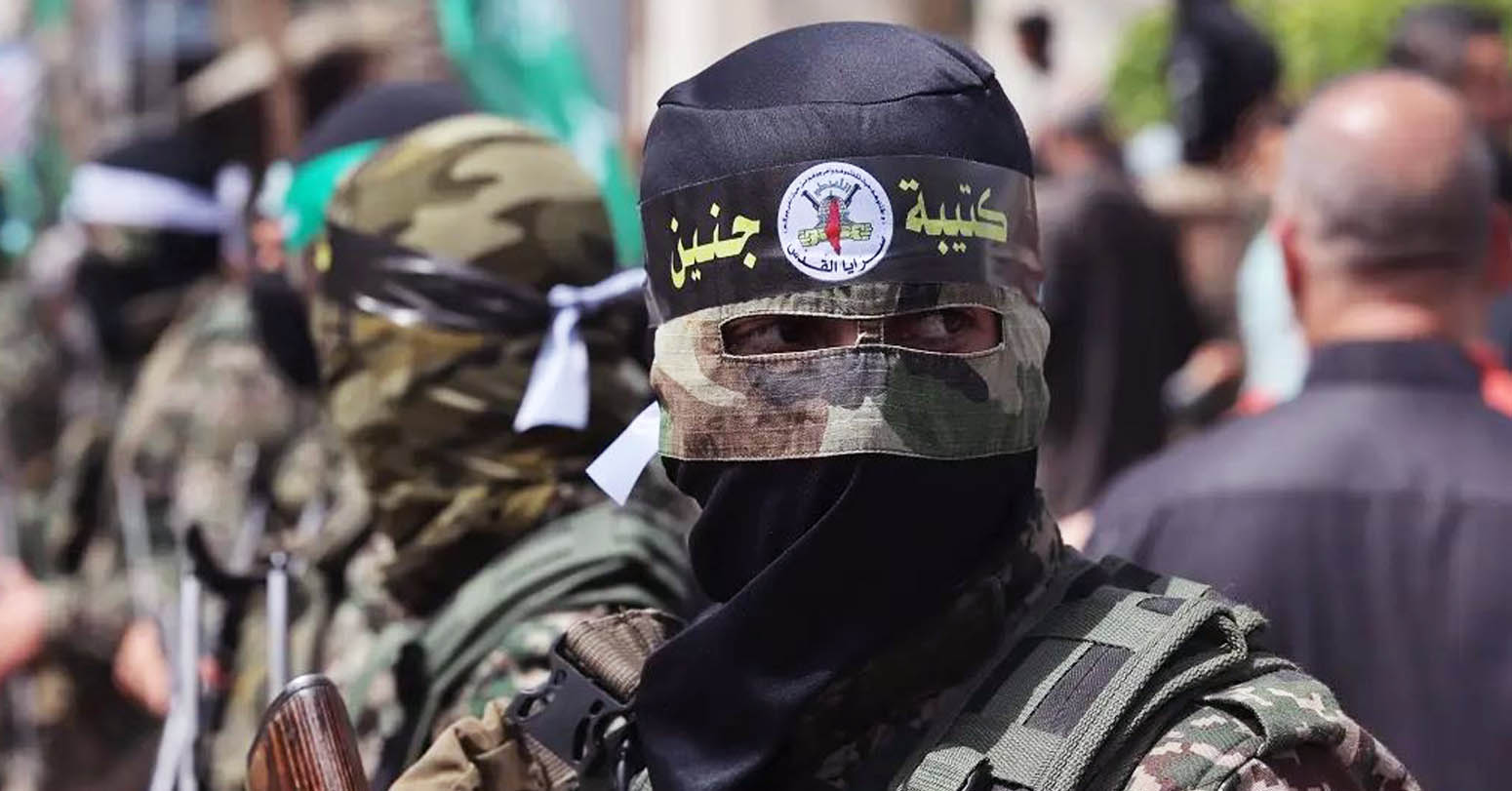

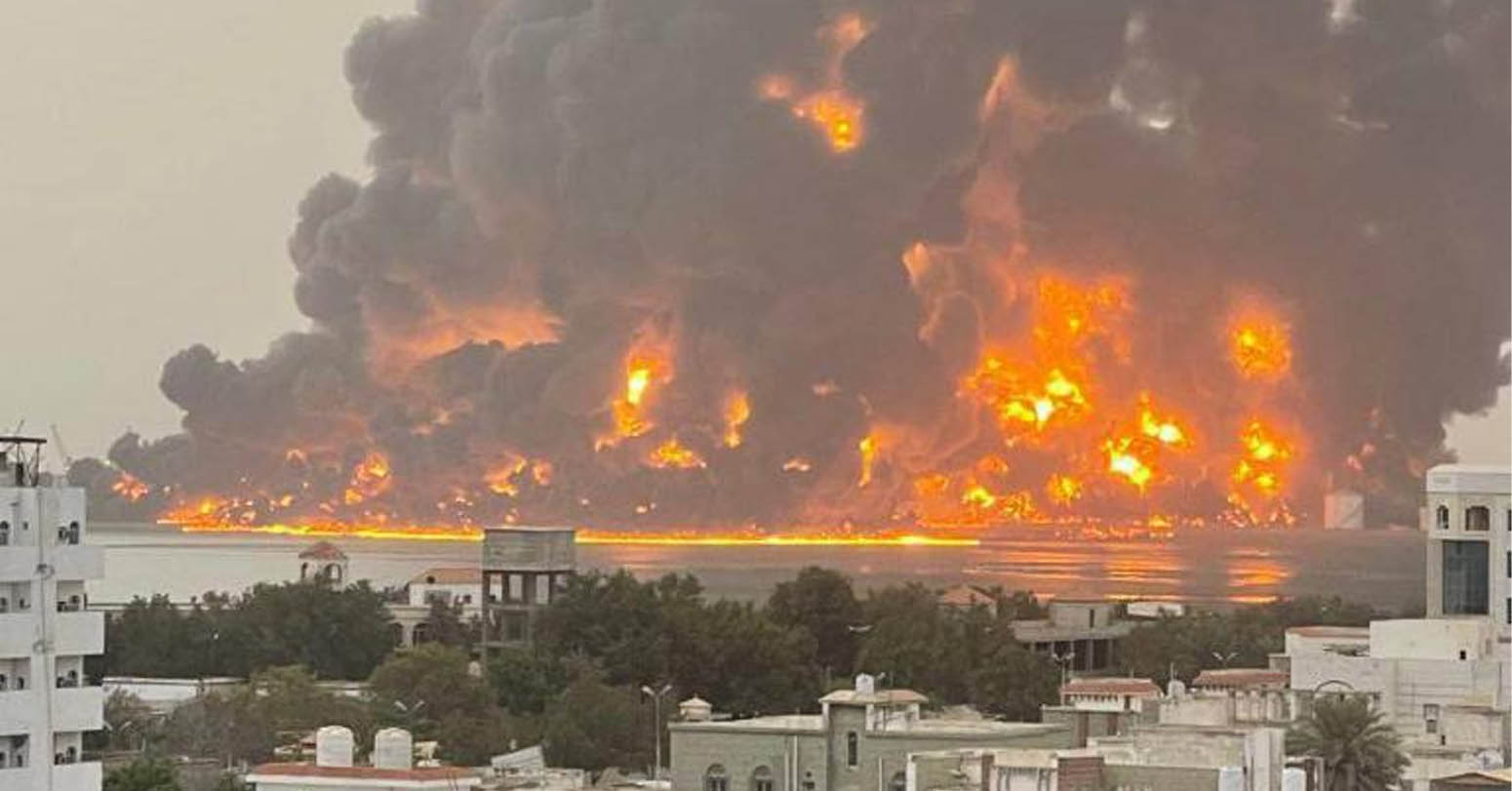
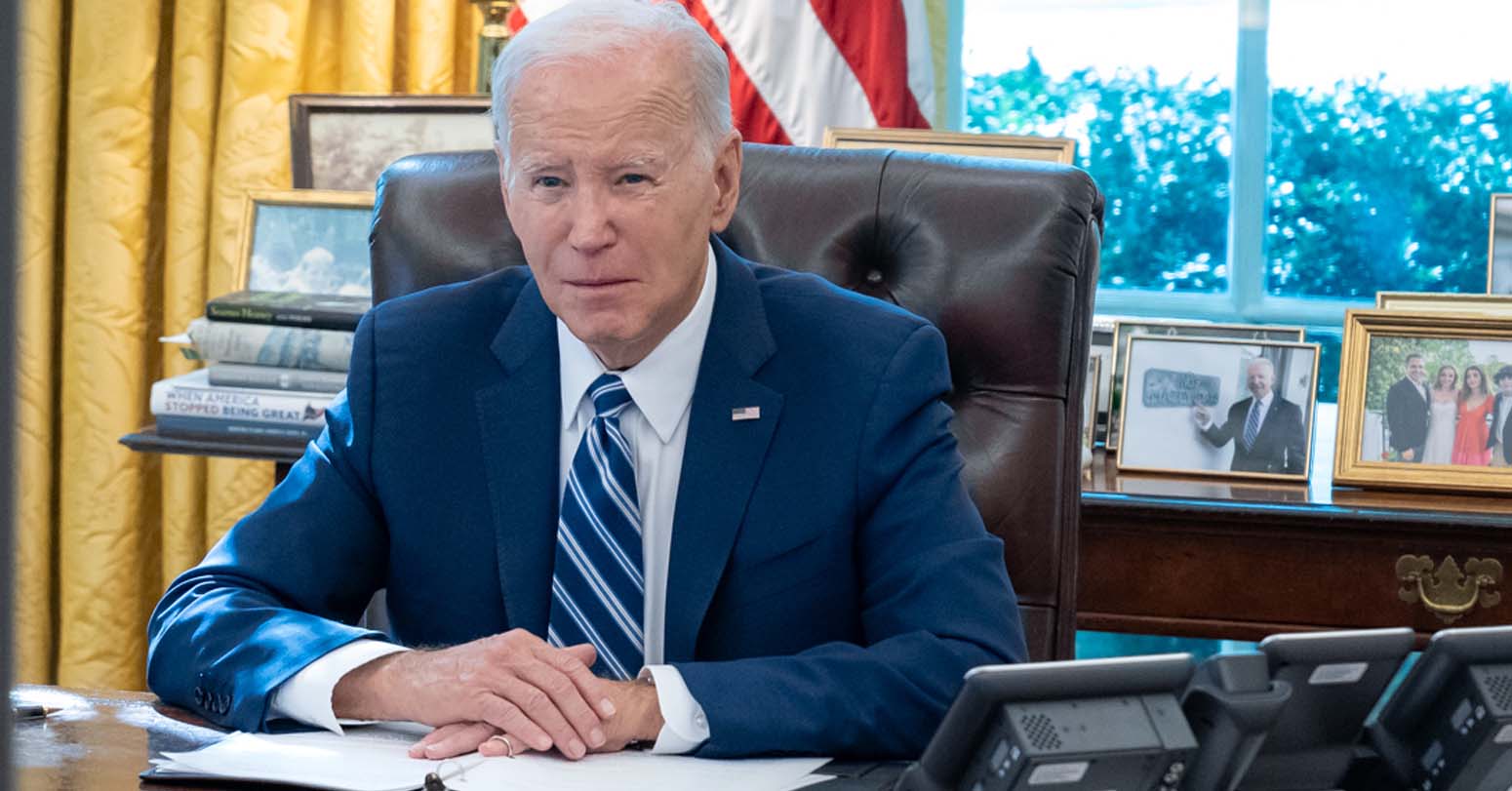

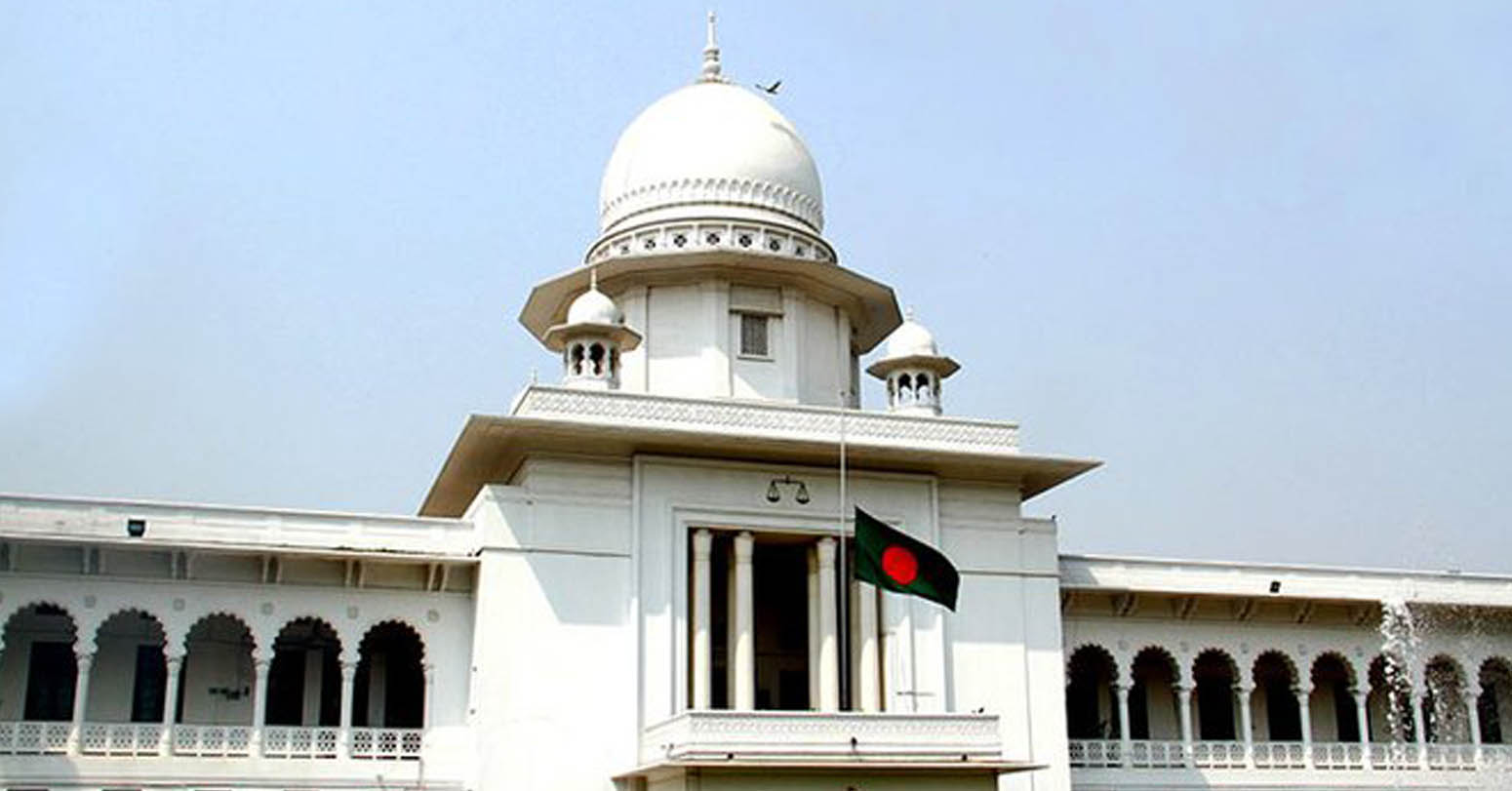
Comprehensive Data Protection Law Critically
Gender Differences In Mental Healthcare
Messi Wins Best FIFA Men’s
Erosion of Democracy
Fly Dubai Catches Fire in
“Complexities of the South Asian